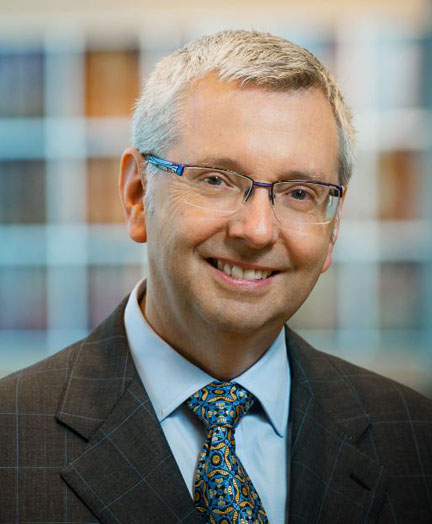University of British Columbia president and vice chancellor Stephen Toope announced yesterday he will step down from his post at the end of the 2014 academic year to pursue his interests in international law.
Toope, who has an extensive legal background, said in a release that his decision to resign is “personal and relates to my desire to work over the next few years in a role more closely connected to my academic and professional interests in international law and international relations.”

When asked what that international law work will entail, Toope said he isn’t quite sure yet.
“I do not know what work comes next. I only know that I miss being able to write as much as I would like in my areas of international law, and I miss being in the classroom,” he told Legal Feeds.
Toope became president of UBC in March 2006 and began his second five-year term in July 2011. From 1994 to 1999, he was dean at the McGill University Faculty of Law, where he also obtained his common law and civil law degrees.
Considered an international law scholar, Toope continues to write in the areas of international human rights, dispute resolution, and international environmental law. In addition, in 2010 he co-authored a book on international legal theory titled, Legitimacy and Legality in International Law: An Interactional Account.
Toope also represented Western Europe and North America on the
UN Working Group on Enforced or Involuntary Disappearances from 2002 to 2007.
Following public outcry over the $6-million payout in the BC Rail case, Toope was asked to conduct an investigation into the B.C. government’s handling of the case. His 2011 report said it was highly unusual for the government to pay the massive legal bills of former political aides Dave Basi and Bob Virk after they pleaded guilty to breach of trust. He also made several recommendations to help prevent similar payouts from happening in the future.
“As president, I have not been able to do the kind of work that I have done in the past, including chairing the UN working group and advising government,” said Toope. “I may look for more opportunities in those fields, but not until after I finish as president in 2014.”

 When asked what that international law work will entail, Toope said he isn’t quite sure yet.
When asked what that international law work will entail, Toope said he isn’t quite sure yet.